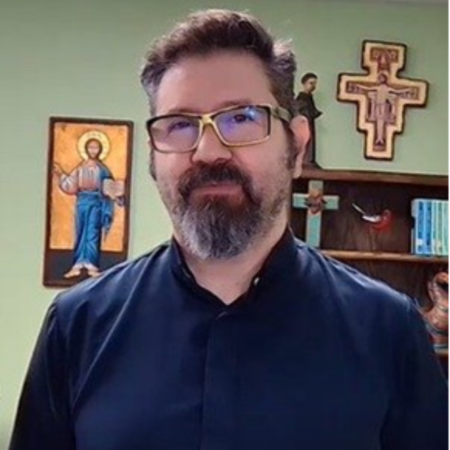Our Sunday scripture’s protagonist is the last man in town, a beggar blind from birth who has never seen the sun or his mother’s face. So poor he has nothing, possessing only himself; he only hears the crowds of people rushing with prayers into the temple and deciphers in his heart when he might witness that God of the temple because he is not allowed to go inside.
And suddenly, Jesus stops for him without any monetary demand. Jesus proceeds to make some mud with dust and saliva, like the clay of a minimal new creation, and unrequitedly spreads it on those eyelids that cover the darkness.
To have faith is to acquire “a new vision of things.” The blind man is born again with his new eyes, though they question him seven times: how did your eyes open? Everyone wants to know ‘how’ to grasp the secret of eyes invaded by light; they cannot fathom why an outcast is blessed and loved.
The authorities are not interested in his well-being but in why a healer cured on a Sabbath, which makes the healer a heretic. Instead of enjoying his new light, they would rather have him go blind again so that they would be right and not Jesus.
They try to imply that God is against goodness which is truly heretic. Refrain from telling God what he can or not do. Instead, like Mary, the blind man, and the saints say: Lord, I believe and trust you.

